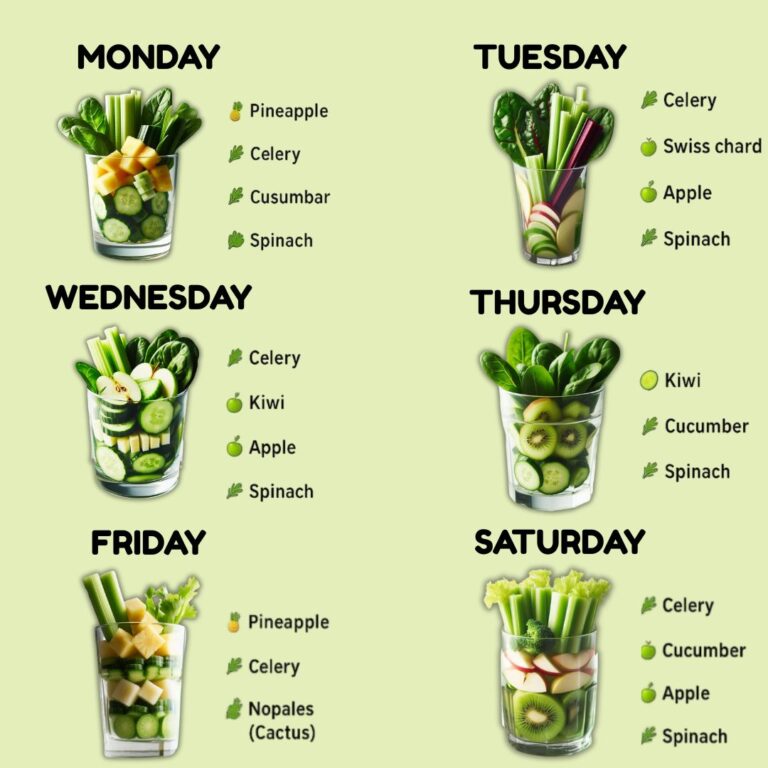Just Started Chewing Cloves and Said Goodbye to 11 Health Problems! See How! (Not What You Think)
Introduction
In a world full of superfoods and expensive wellness fads, one small, inexpensive spice may hold the key to numerous health benefits — and it’s probably already sitting in your kitchen. That spice? Cloves.
What if you could reduce inflammation, improve digestion, eliminate bad breath, and even fight off chronic illnesses — just by chewing a couple of cloves every day? Sounds too good to be true? Read on.
Many cultures have long embraced the power of cloves, not just as a flavoring agent but as a medicinal gem. Now, science is catching up to these ancient traditions. Let’s uncover the 11 surprising health problems cloves can help resolve — just by chewing them.
Why You’ll Love This Daily Ritual
Unlike supplements or complicated health protocols, chewing cloves is:
- Simple and accessible: No prep, no mess, no special equipment.
- Incredibly potent: Packed with antioxidants, antiseptic, and anti-inflammatory compounds.
- Cost-effective: A few cloves a day can make a big difference.
- Customizable: Pair with ginger, honey, or lemon for extra benefits.
People who’ve tried this habit report everything from fresher breath to fewer colds and even more stable blood sugar. It’s a natural remedy that fits seamlessly into your daily routine.
Ingredients
To begin chewing cloves for health, you only need:
- Whole dried cloves (2–4 cloves per day)
- Optional additions:
- A slice of ginger
- A drop of raw honey
- Lemon zest or a few mint leaves for flavor enhancement
Necessary Tools
- Airtight glass jar or spice container to store your cloves
- Mortar and pestle (optional if you want to lightly crush cloves before chewing)
Ingredient Swaps and Additions
Customize your clove habit to meet your taste or health goals:
- Swap honey for coconut oil for added antibacterial power
- Add fennel seeds to help with bloating and digestion
- Use clove oil drops (1–2 drops diluted in warm water) if chewing is difficult
- Pair with cinnamon bark to help stabilize blood sugar further
Step-by-Step Instructions
- Choose 2–4 whole cloves. Start with fewer if you’re new to strong spices.
- Place in your mouth, ideally in the morning on an empty stomach.
- Chew slowly for about 5–10 minutes, letting the oils release.
- Swallow the juice or clove bits, or discard them based on personal preference.
You can also chew cloves after meals to freshen your breath and aid digestion.
Pro Tips for Success
- Start slow: One clove a day is enough to begin with if you’re sensitive.
- Always use whole dried cloves, not the ground spice.
- If the taste is too strong, chew with a mint leaf or ginger slice.
- For children or those with sensitive mouths, clove tea is a gentler option.
Serving Suggestions
- Morning detox: Chew 2 cloves on an empty stomach, followed by warm lemon water.
- Post-meal: Acts as a digestive and breath freshener.
- Clove tea: Steep 3 cloves with ginger, honey, and lemon for an immunity-boosting drink.
You can also combine cloves with our Anti-Inflammatory Herbal Tonic.
Storing and Reheating
- Store dried cloves in a cool, dark place in an airtight jar.
- No reheating required, but for clove tea, reheat gently on the stovetop — not in the microwave — to preserve medicinal properties.
Nutritional Information (Per 2 Whole Cloves)
| Nutrient | Amount |
|---|---|
| Calories | ~6 |
| Fiber | ~0.3g |
| Antioxidants | High (eugenol, flavonoids) |
| Manganese | 30% of Daily Value |
| Vitamin C | Trace amounts |
11 Health Problems Cloves Can Help With
1. Bad Breath
Clove’s antibacterial oils kill odor-causing bacteria in the mouth. Chewing cloves neutralizes bad breath almost instantly.
2. Toothache
Eugenol, the main compound in cloves, acts as a natural pain reliever and antiseptic. Chew near the affected tooth or apply clove oil.
3. Indigestion & Bloating
Cloves increase saliva and gastric juices, which help with digestion and reduce flatulence.
4. Nausea
Chewing cloves or drinking clove tea can calm nausea — especially effective during pregnancy or motion sickness.
5. Sore Throat
Its soothing oil coats the throat, while antimicrobial properties fight infection. Combine with ginger for extra relief.
6. Joint Pain
Cloves reduce inflammation and oxidative stress. A natural helper for those with arthritis or general joint stiffness.
7. Respiratory Congestion
Clove oil thins mucus and opens the airways. Chewing cloves daily helps ease chronic cough and asthma symptoms.
8. High Blood Sugar
Studies suggest cloves help regulate insulin production and glucose levels. Diabetics should consult a doctor first.
9. Immune Weakness
Antioxidants in cloves boost immunity and help ward off colds, especially during winter.
10. Liver Detox
Cloves protect the liver from toxins and improve its detoxifying function over time.
11. Stress and Anxiety
The warm, aromatic compounds in cloves have a mild calming effect on the nervous system.
FAQs
Q1: Can I chew cloves every day?
Yes, 2–4 cloves a day are safe for most adults. Start small and listen to your body.
Q2: Are there any side effects?
Too many cloves can cause mouth irritation or digestive upset. Stick to recommended amounts.
Q3: Is clove safe during pregnancy?
In moderation, yes — especially for nausea. But consult a healthcare provider.
Q4: Can children chew cloves?
For kids over age 7, one clove under supervision is generally safe. Use clove tea for younger children.
Q5: Is clove chewing better than clove oil?
Both are beneficial, but chewing releases the oils naturally and aids digestion at the same time.
Conclusion
Cloves may be small, but they pack an incredible punch when it comes to health. Whether you’re looking to boost immunity, relieve pain, or improve digestion, chewing cloves daily is a time-tested, scientifically backed ritual you can easily adopt.
Remember, it’s not a cure-all, but it’s a powerful complement to a healthy lifestyle. Want more spice-powered wellness tips? Check out our Guide to Healing with Spices.







